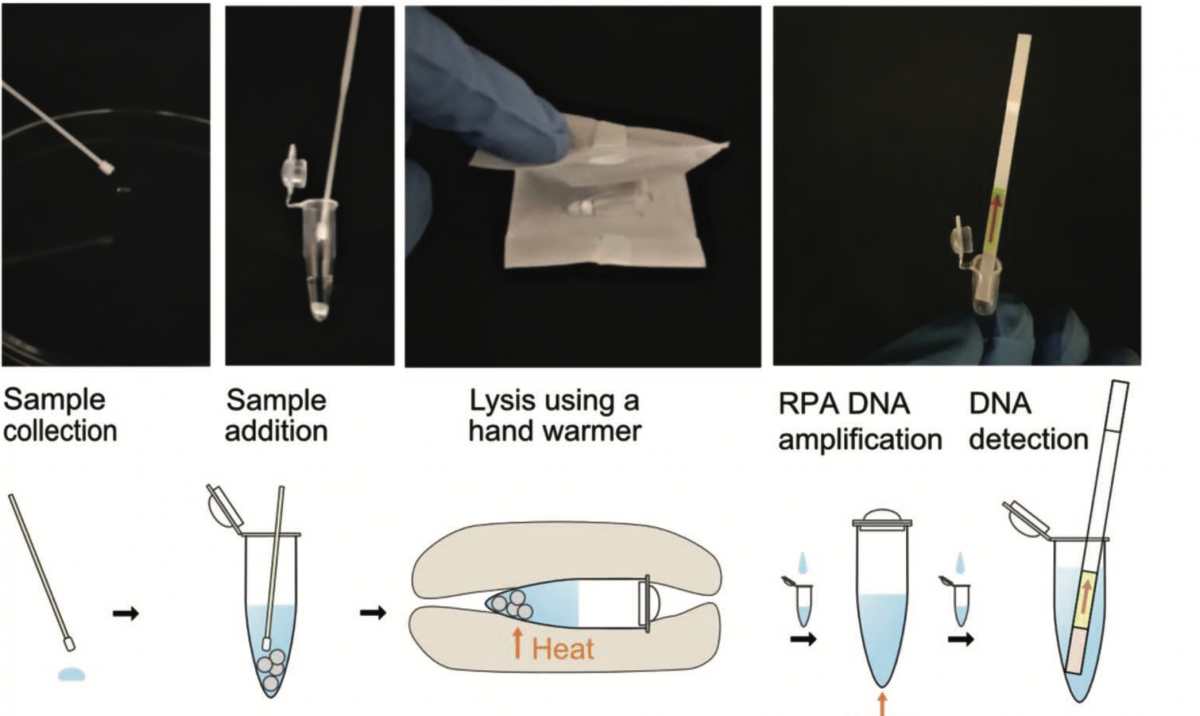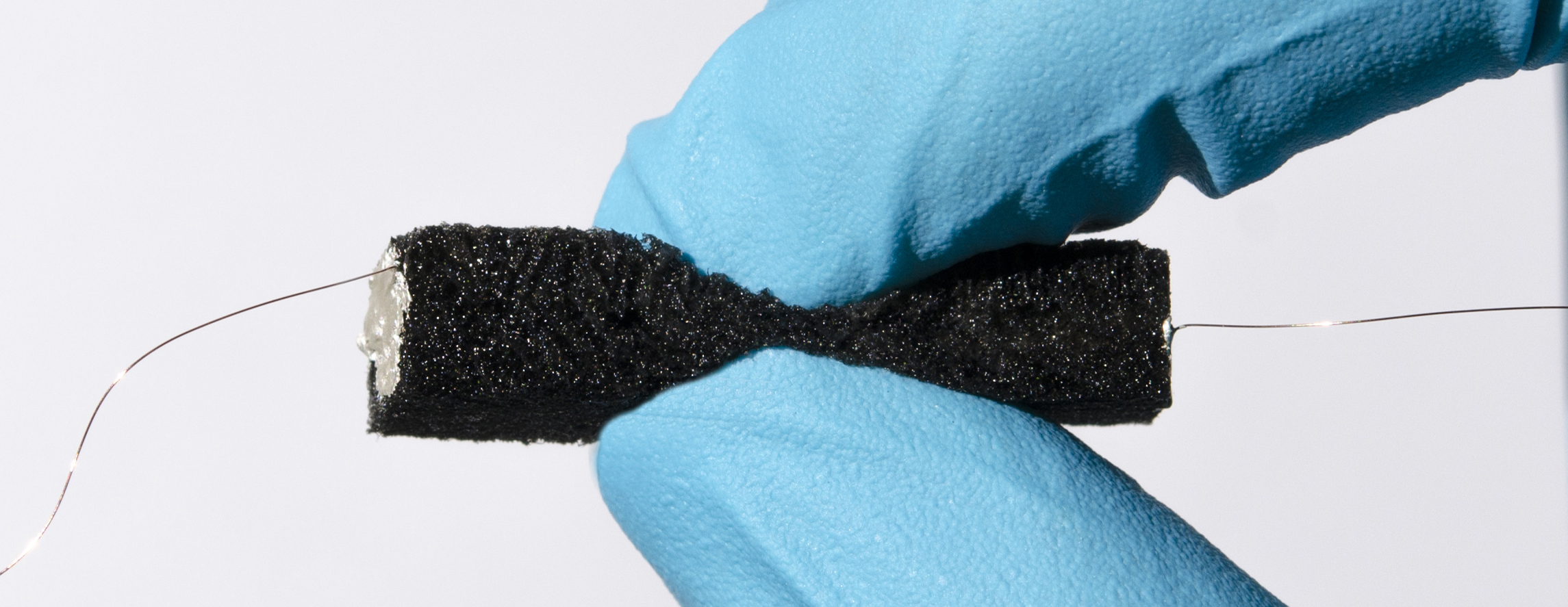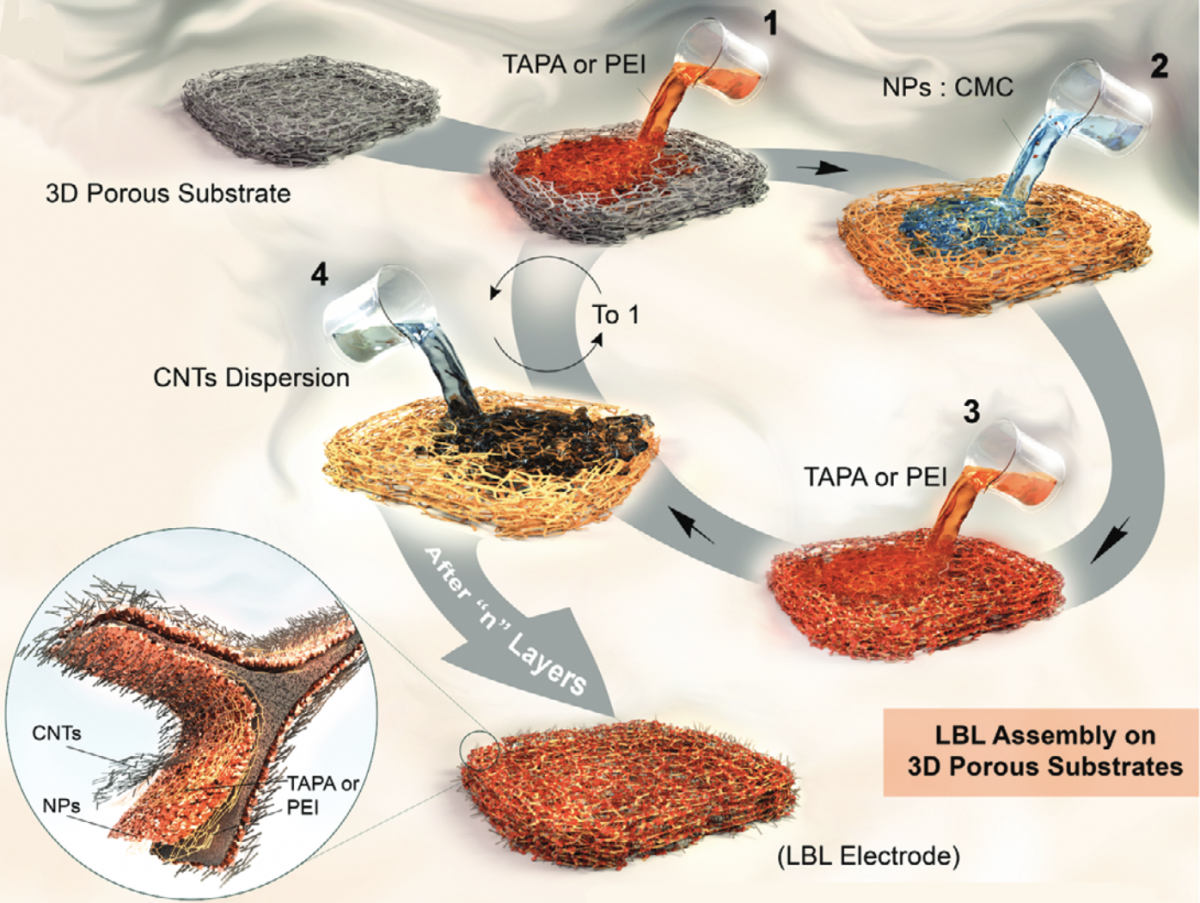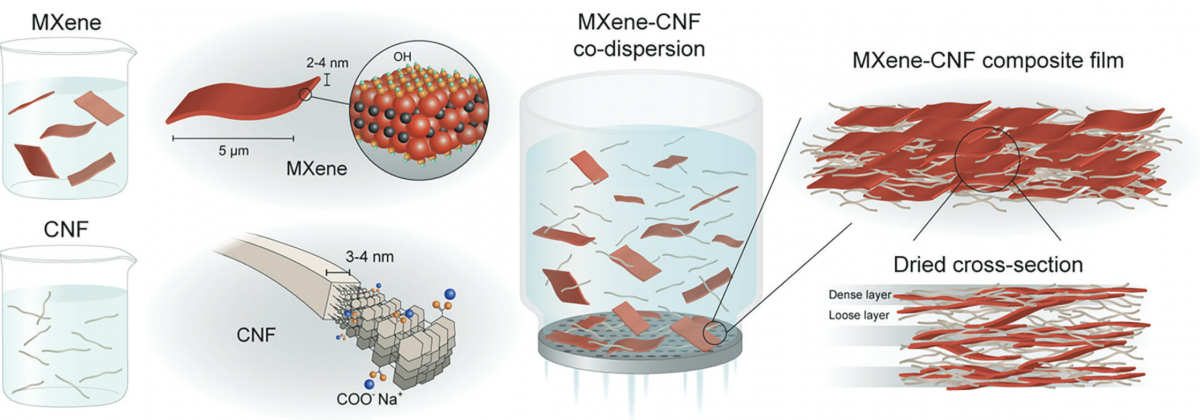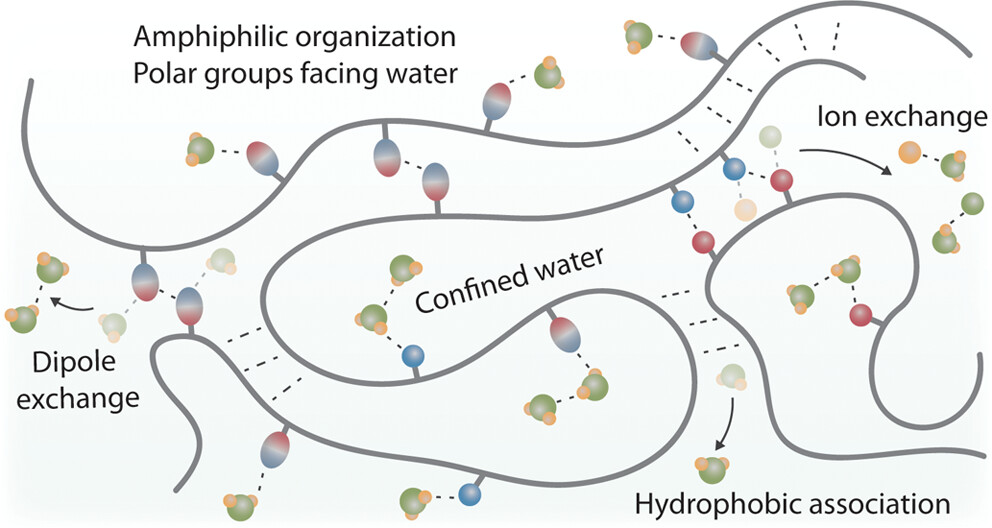Low-cost advanced molecular diagnostics
Diagnosis of an increasing number of diseases (such as HIV, and antibiotic resistant bacteria), rely on centralized laboratories with specialized instruments and skilled personnel.
We develop materials, methods, and diagnostic techniques to enable portable integrated molecular diagnostics (iMDx) devices, that are disposable (almost zero-cost), and that can detect a broad range of diseases using DNA amplification.
To achieve this, we develop advanced paper microfluidic devices (µPADs), or use smart textiles micro total analysis. Paper and textiles as materials are very powerful because making devices out of them is simple (e.g., using printing or stitching), and yet they can monolithically integrate 3D microfluidics, microelectronics, electrochemical analysis, storage of reagents, functionalization of biomolecules, as well as handling and manipulation of cells.
In addition to microfluidic devices, we develop lab-on-PCB and proprietary electronics to enable advanced control and digital read-out at the point-of-care.
Sustainable Energy Storage
Batteries will be used an increasingly diverse range of applications. In today’s energy storage systems, e.g. Li-ion batteries, the anode and cathode materials are printed from microparticles onto two-dimensional substrates which limits their volumetric energy density: ideal battery structures should be three-dimensional.
In addition to this shortcoming, the current use of microparticles for energy storage constrains the optimization of energy storage, since the mechanism of energy storage occurs at the nanoscale.
Our research aims at solving both these problems by:
- exploring substrates with high surface area (such as foams, textiles, nanopaper, and aerogels) for energy storage. We use molecular self-assembly of nano particles (e.g. as Lithium Salt NPs, ad carbon NPs, and 2D materials such as MXene), onto the high surface areas to form energy storage devices that are fully three-dimensional.
- Move to energy storage systems beyond Li: (like Na or Zn) combined with novel electrode materials that are sustainable.
Intelligent functional nanomaterials
The intelligent materials of the future combined electronics, with nanotechnology and biology to replace some of today’s materials, but also enable a new generation of function not currently possible with our electronic materials and devices.
We need for example computers that are radically different and require less energy, we need new materials for actuation in robotics and other fields which are not based on electromotive engines and can be integrated into advanced microstructures and much more.
A path towards such materials relies on molecular self-assembly (ideally from water) of electronic nano materials with other functional materials to create intelligent electroactive nanocomposites. The function of such materials arises from the complex dynamic interplay between electronics, ions, water and local nanoscopic to mesoscopic structures.
We develop such materials for example by using mixed ionic electronic materials (MIECs) and understand their fundamental properties, for applications like neuromorphic computers, to electronic actutors and sensors for robotics.
Some of our work include the demonstration of the worlds first MXene based neuromorphic transistor for computation, and a new generation of soft electronic actuators that we term (ECO).
